TikTok was widely used by the frontrunner in the Romanian presidential election last week.
Romania's National Audiovisual Council has asked the Commission to open a formal probe into the role of video sharing platform TikTok in the Romanian presidential elections, a spokesperson for the EU executive told Euronews.
“The Commission is in close contact with the Romanian Digital Services Coordinator, ANCOM, the National Authority for Management and Regulation in Communications,” the spokesperson said, adding that the Commission is "watching developments”.
Calin Georgescu, a right-wing candidate who ran independently, emerged as the winner with some 22.95% of the votes after the first round of the presidential election last Sunday, mainly because of his strong performance on TikTok.
Reformist Elena Lasconi from the centre-right Save Romania Union (USR) finished second with 19% of the vote, and the pair will now face off in a second round in two weeks.
The largest online platforms in the EU, including TikTok, Meta and X, must follow transparency rules under the Digital Services Act (DSA), which entered into force August 2023. The European Commission earlier this year adopted guidelines for platforms on how they can mitigate systemic risks ahead of and during elections.
TikTok reported that it removed 88 advertisements in Romania for breaching its political content policies, which accounted for 3.1 million impressions on the platform, according to a report on the use of social media during the election by the Bulgarian-Romanian Observatory of Digital Media.
Even though TikTok officially enforces a ban on all forms of political ads and branded content promoting political entities or causes, in reality accounts linked to politicians and political parties are not restricted from using the platform’s monetization features, the report found.
A spokesperson for the platform told Euronews: "We aggressively enforce our Community Guidelines against election misinformation and deceptive behaviour, and proactively partnered with the Electoral Commission to launch an in-app Election Center to elevate reliable election information to our community in Romania. We do not accept paid political ads and require everyone to abide by our Community Guidelines which we enforce on an ongoing basis."
Source of political information
The Observatory's analysis said that social media has become the preferred source of political information for Romanians. In particular, video sharing platform TikTok emerged as a key platform for “disenfranchised voters who feel unrepresented by both mainstream politicians and media”, the analysis said.
Georgescu, known for his rhetoric aligned with Russia and anti-vaccine messages during the Covid-19 pandemic, did not publicly disclose the budget for his campaign, nor did he reveal the source of funding.
In March, new rules on the transparency and targeting of political advertising were adopted in the EU, aimed at countering information manipulation and foreign interference in elections.
The more mainstream candidates in the election focused their investments on ads on Meta's Facebook and Instagram, which were once considered the gold standard for effectively targeting voters, the report said based on data from Meta's ad repository.
Marcel Ciolacu, the current Romanian prime minister from the Social-Democrat Party (PSD), stands out with the highest amount spent: 5.1 million RON — the equivalent of €1 million — and 4,289 ads. He did not make it to the second round.
Neither did George Simion, from the right-wing Alliance for the Union of Romanians (AUR), who spent some 1,7 million RON (€341.500) on 965 Meta ads. In third place is Lasconi with 1.2 million RON (€241.114) and 835 ads.

 4 months ago
36
4 months ago
36
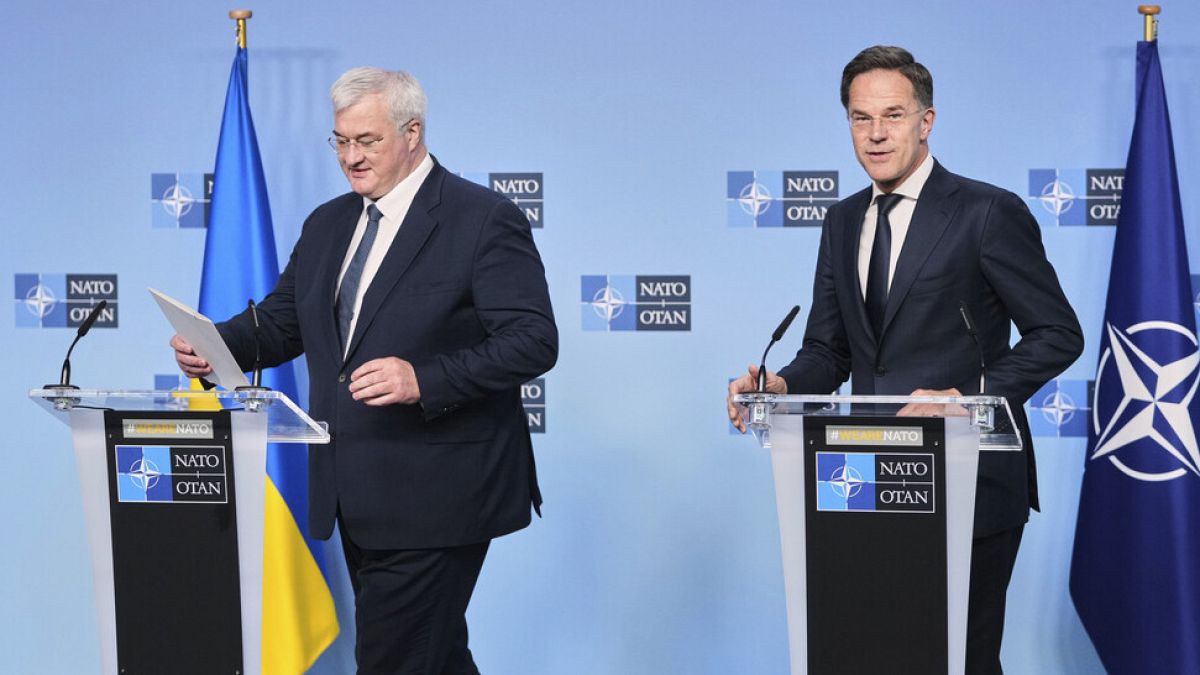

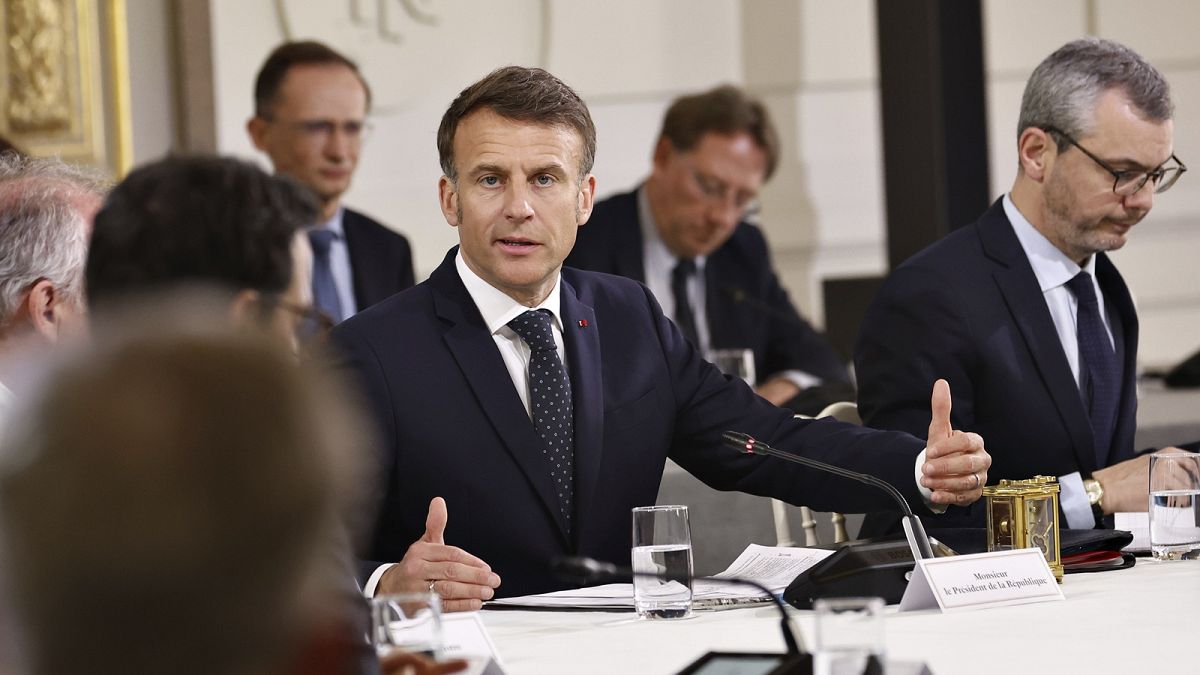
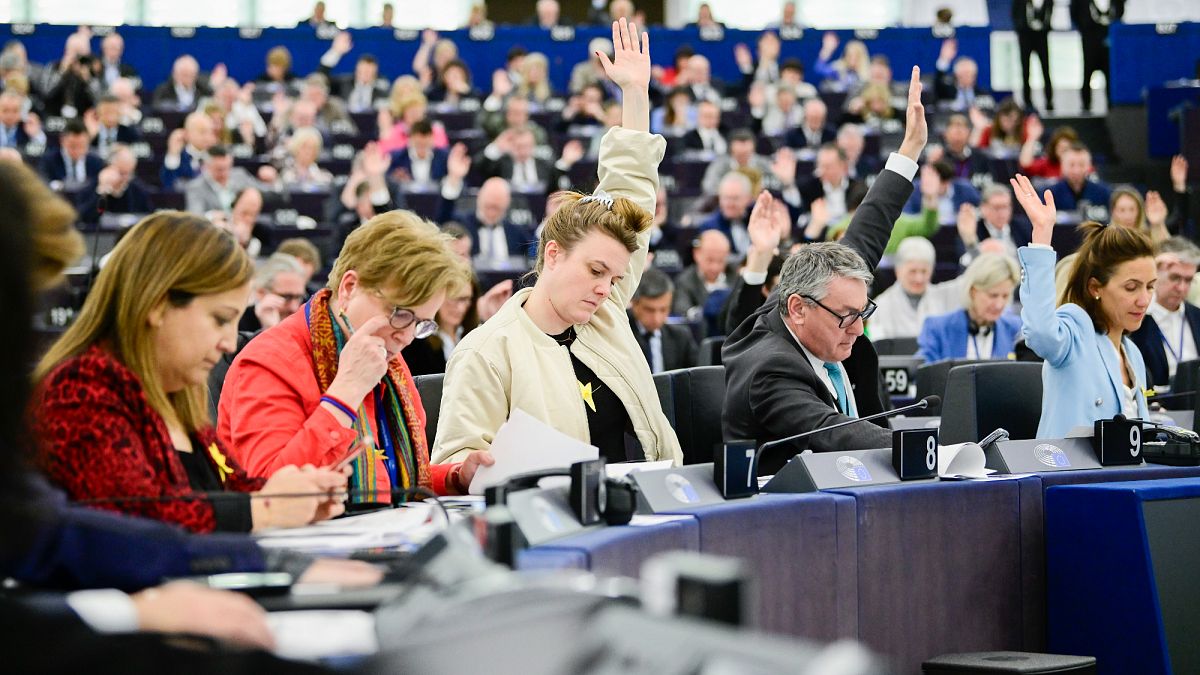
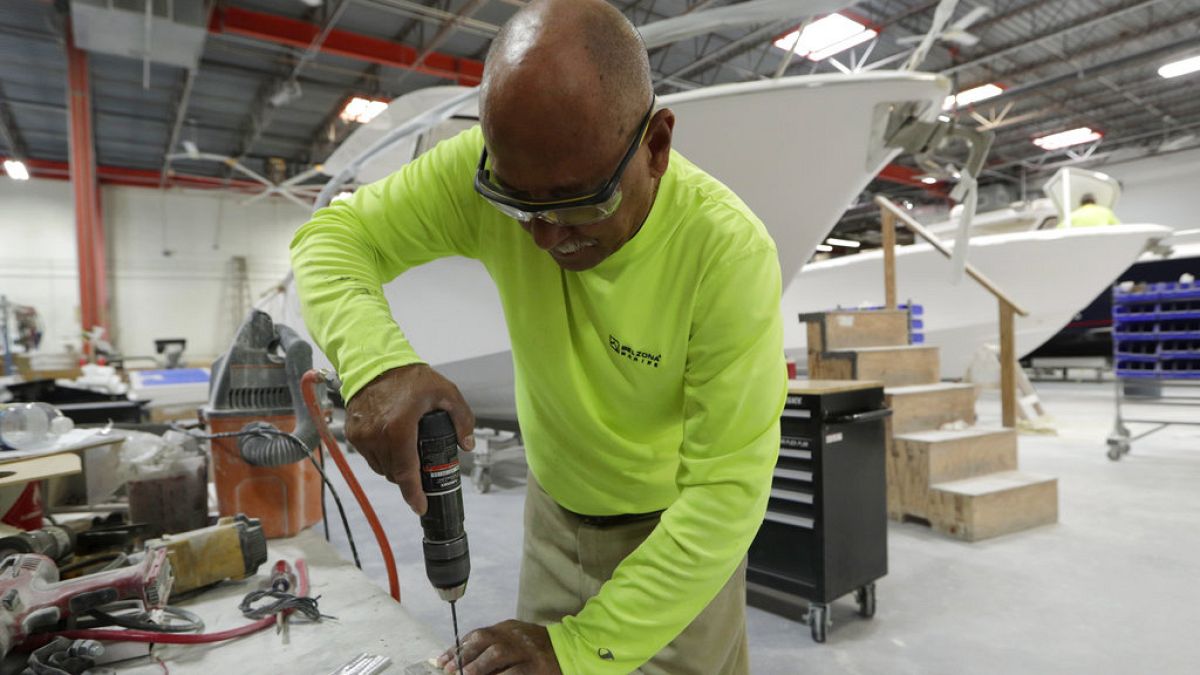
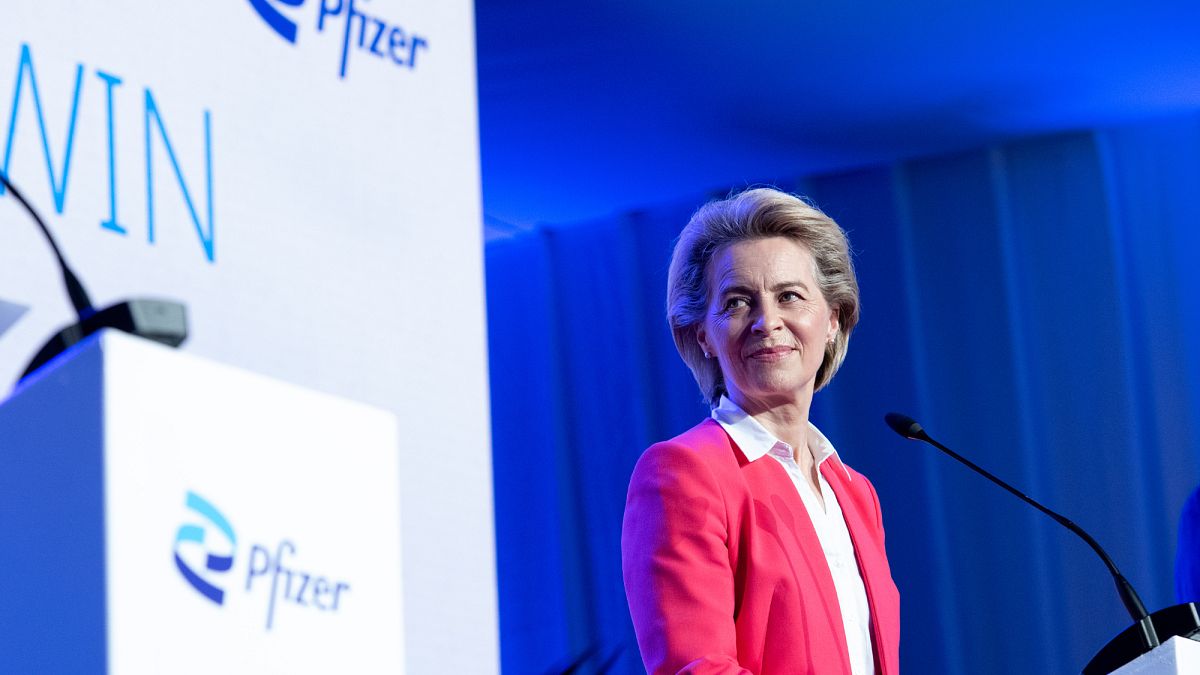
 We deliver critical software at unparalleled value and speed to help your business thrive
We deliver critical software at unparalleled value and speed to help your business thrive






 English (US) ·
English (US) ·